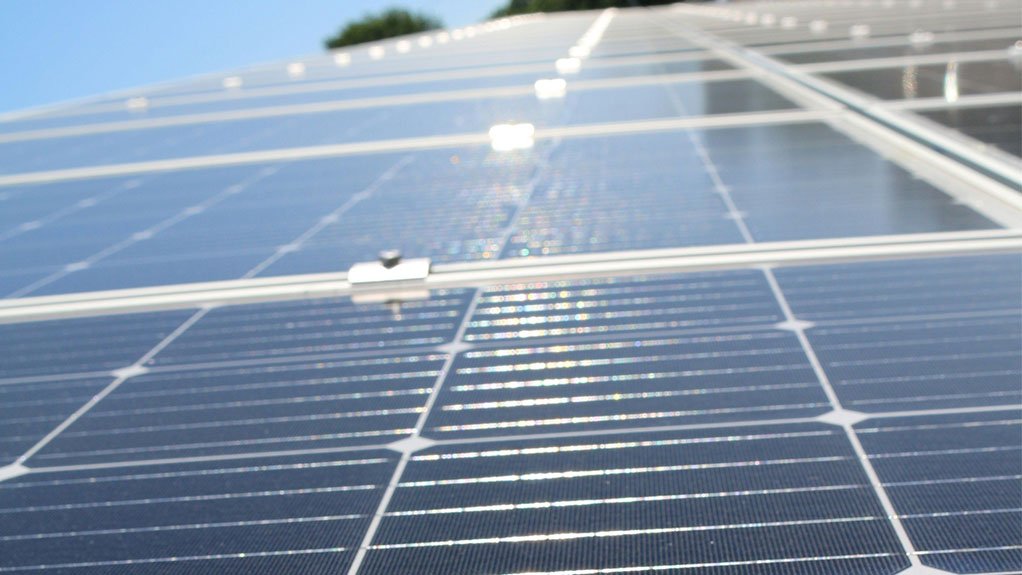
+27 (0)11 0461900
Private Bag X139 Halfway House 1685

From fossil to renewables – Nigeria’s journey starts today
By Obinna Uche, Sales Director, Power Systems Division at Schneider Electric Anglophone West Africa
Like many of its counterparts across the globe such as the US, China and Japan, Nigeria is still heavily reliant on fossil fuels to meet its energy needs. However, unlike many of its fossil-heavy peers, 92 million Nigerians don’t have access to energy, with the country currently generating and supplying between 3,000 and 4,000 megawatts of grid electricity to over 200 million citizens.
It is therefore a country in crisis, which makes an even stronger case for an energy mix that includes sources such as renewables. Again, like many countries across the world, Nigeria is dealing with an aging and dilapidated energy infrastructure, which struggles to transport the generated power effectively.
To alleviate some of the energy generation strain, Nigeria has integrated several Independent Power Producers (IPPs) into the generation mix, including hydro, thermal stations, and other smaller plants. These form part of the licenses that were granted by the Nigerian Electricity Regulatory Commission (NERC) in 2022. However, it is still not enough to meet the population's energy demands.
Important building blocks
The good news is that Nigeria is undoubtedly setting a firm foundation for energy transformation and access acceleration. In 2023, Nigeria enacted the Electricity Act (2023), which aims to reform the energy sector.
By embracing market deregulation, promoting renewable energy, protecting consumer rights, and strengthening regulatory oversight, the act seeks to attract private investments, enhance efficiency, and provide reliable electricity to all Nigerians
In practice, the act is already enabling individuals, organisations and states to engage in power production and distribution. For example, entities producing more than 1MW can now sell to neighbouring communities or organisations.
As mentioned, Nigeria already has hydro plants that are providing energy, however, the country also has an abundance of sun for solar generation as well as wind, with a recent paper The Potential for Wind Energy in Nigeria citing wind is strongest in: “hilly regions of the North, while mountainous terrains of the middle belt and northern fringes have high potential for great wind energy harvest”.
Furthermore, solar solutions are becoming more affordable due to developments in technology and proactive government policies. Globally, technological advancements have in the last five years significantly reduced the price of solar panels and batteries. Additionally, various countries like Nigeria have introduced incentives and policies to encourage the adoption of solar solutions.
Nigeria is also accelerating the adoption of solar power through innovative financing options. There is no doubt the initial upfront investment in solar can be prohibitively expensive, however, plans like lease-to-own/as-as-service or pay-as-you-go can undoubtedly bolster solar adoption.
In the case of or lease-to-own organisations pay a flat monthly fee and eventually own the solar solution. The pay-as-you-go model allows consumers to only pay for what they consume.
Grants and subsidies from organisations like the World Bank and the African Development Bank (AFDB) are also reducing the end cost for customers, making solar energy more affordable and accessible.
Lastly, but certainly not least, is the job opportunities that come with implementing renewables. The renewable energy industry offer opportunities from installation, maintenance and repairs, among others.
The government can leverage this to train unemployed youth in these areas, thereby creating job opportunities. Ultimately, more jobs equate to a stronger economy and more taxes that will allow government to improve services such as energy provision.





